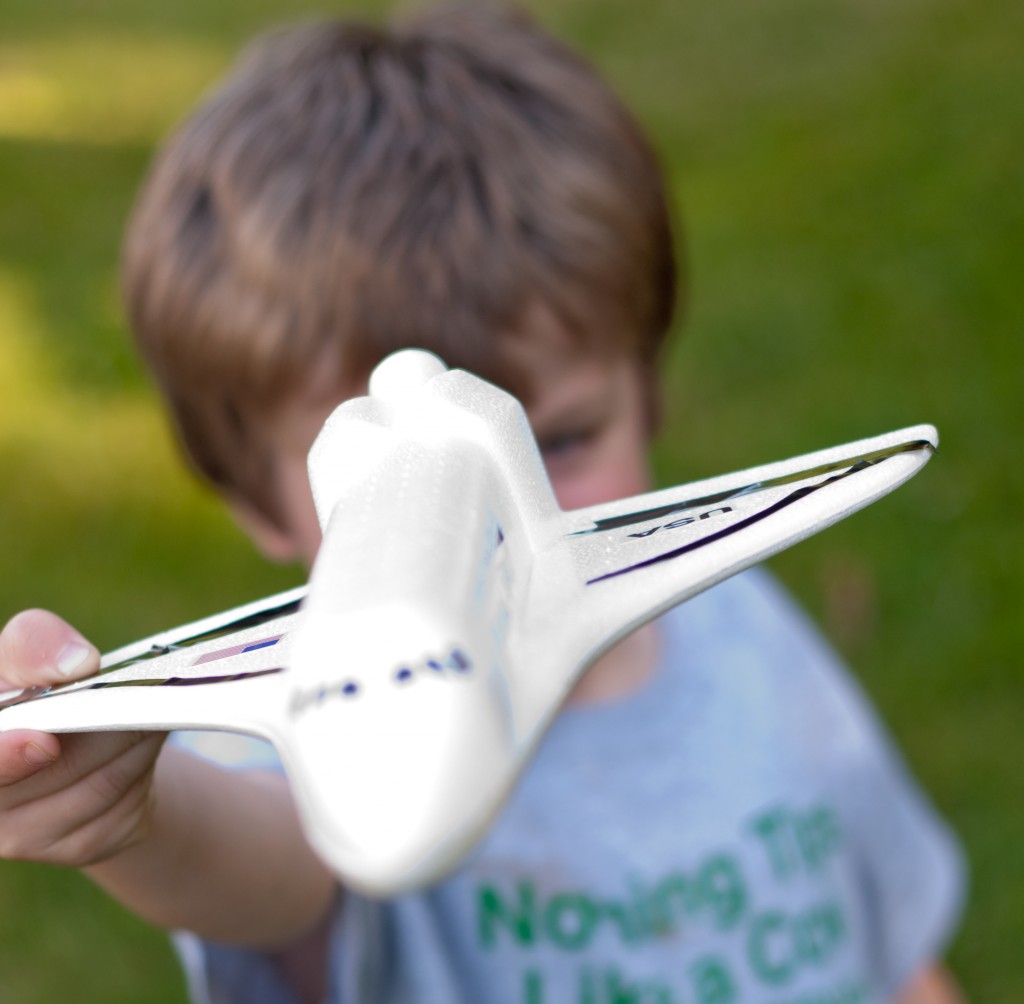A World of Books and Children
Search and enjoy 8 years of posts chock-filled with ideas from It’s OK Not to Share and beyond.
When I talk about raising children, people often ask me about manners, particularly greetings. As we think about what's truly polite, it's good to step back and examine how we greet people ourselves.
Last week I flew out to a funeral. I wasn't feeling like smiling, and on that particular day I know there were many people in transit who were also traveling for sad reasons. Yet this is what greeted me: "Have a Nice Day!" "Have a Great Day!" "Hi, How are you?"
These standard greetings have long bothered me. They don't leave any room for emotions other than good cheer and happiness.
Good greetings do not carry the expectation of universal happiness. A simple "Hello" or "Good morning," "Goodbye" or "Thank you" is much more polite, especially between acquaintances and strangers. People who are currently unhappy still have to answer the telephone and make trips to the grocery store, post office, gas station, airport or library. When I was mourning a miscarriage, store clerks and strangers on the street said "Have a Great Day!" and "Smile, it can't be that bad."
The people we meet may be struggling. They may be living with death, divorce, job stress, a recent diagnosis, depression, a friend with a serious illness or a child with special needs. A simple and open-ended "Hello," "Thank you" or "Goodbye" is often best.
When I talk to parents about helping kids cope with wild emotions, I often ask the audience a question: How many of YOU had all your emotions accepted when you were growing up? Hardly a hand ever goes up. These greetings are just one more symptom of our collective desire for constant happiness. We need to make room for the full range of human emotions.
The next time you greet someone - friend, acquaintance or stranger - try reaching out with a simple "Hello."
It's still summer vacation in most parts of the U.S., but soon the dreaded Signatures will return. I'm talking about parent signatures on everything from school work to piano lessons.
It used to be that parents signed their names for two things: field trip permission slips and report cards.
Now instead of feeling like a parent supporting my child's education, I feel like a jailer. Everything must be signed to prove the kid did it: reading lists, spelling lists, daily planner entries (record of what you did in school that day), music practice minutes. The consequence if a child doesn't obtain parent signatures? Skipped recess.
This constant signing creates a disturbing culture of distrust. It tells the child: We don't trust you. We don't think you care about your own learning. We certainly don't think you can take responsibility for your own learning.
Teachers tell me the purpose of asking for a parent signature is not really about the child. Instead it's a method of making sure that parents are involved in the child's school life. The signature step shows the teacher that parents see what the child is doing and might even ask questions about school. A parent-child communication tool? This is wishful thinking. In some households, the bridge between home and school will never be crossed. A signature line, signed or not, unfortunately cannot change that. In other homes, there is already strong support and interest in education. The signature line is an annoying inconvenience and casts the parent into the role of police officer.
Parent signatures bother me for several reasons:
- It strips responsibility from the child. Any school work responsibilities should not be the parent's job, it needs to rest firmly with the child. Requiring parent signatures on homework or other school tasks sets up an unhealthy relationship between parent-child. The signature mentality sends this message: "It's my parents' job to see I do my work." This leads to the next bad habit: "I will only work when someone (teacher/parent/ boss) is watching." or "I will only do my work when nagged."
- It creates an aura of distrust and disrespect. Disrespect for family culture and relationships. Distrust and disrespect to children. The message comes loudly and clearly: "We do not trust you. Your word doesn't matter." Of course, children's versions of the truth are not always accurate, but neither are adults'. It is more important to me that children learn the importance placed on mutual trust and honesty. This is partly learned by making mistakes. It is definitely learned by having a chance to practice.
- It reduces learning to minimum results. A child asked to get a signature for 15 minutes of music practice will toodle around on her instrument for the minimum time required. Quality of playing, genuine learning and internal motivation are out the window. The focus becomes: meet the minute guideline, get signature, be done.
- Inappropriate punishment. Most consequences for not obtaining parent signatures are inappropriate. A typical example: "If you miss 3 parent signatures you don't get recess." This is penalizing the child for adult inaction. It is unrelated to the task. Depriving a child of recess for any reason is abusive.
Children should never be deprived of recess for any reason, academic or behavioral. This is the official stance of the American Academy of Pediatricians and many others.
A signature should not be a tool against our children. We can do better creating a culture of trust and responsibility.
What is your take on parent signatures? Do you face a constant stream of signature demands? How can we do better?
The plane over the Ukraine this week shocked the world's adults. What about the children?
It can be tricky to talk about disasters in the news. Kids don't need to know about many disasters, but some events are so big every child notices. Kids see and overhear media talk and adult conversations. They may not pick up on the details and reasons, but they do pick up on the worried tones of voices around them.
If you're wondering what to tell your child about this disaster or a future one, here are some ideas.
Find out what they already know. Chances are, kids have overheard something already, on the radio, TV, or adult conversation. Start from where they are. Kids may be filled with mixed up information. If the child is young and he hasn't heard anything /doesn't seem interested, then drop it.
Go to the feeling Tell kids it's OK to feel sad or scared or angry. These big feelings are natural and normal for all people. You can say "I feel that way, too. I wish it hadn't happened."
Answer their question Don't give too much information, but be sure you answer the burning question(s) they have. Ask "What do you want to know?" Check in and make sure you've finished the topic. "Did this answer your question?"
Let them play it out Offer abundant free play time. Play is how children work through things - all things - in life. If you see a child fly a toy plane and crash it down on the living room rug, let the play unfold.
Tell the truth Keep your words age-appropriate, but tell the truth when talking about difficult subjects. A good rule to follow if you're wondering if your child can handle it: If a child is old enough to ask, she's old enough to hear an honest answer.
Focus on the helpers This is Mr. Rogers' age-old advice, and it's good. Show kids all the good people who are helping: the firefighters, the doctors, the police, the people who are donating food or opening up their homes.
Take action You can't change what happened, but you can control how you respond. Respond with care. Take control - we tend to feel most angry when we feel helpless. Take some action to help. Let your kids see you help, and ideally include your kids in the action.
Disasters are always part of the world. Children can learn that bad things and sad things happen, but there are always people who will help make the world better.
How have you see children cope with disasters in the news? What do you do when a big news story occurs? What do you worry about? Do you have any stories of how kids have risen to the occasion with wisdom or action?



